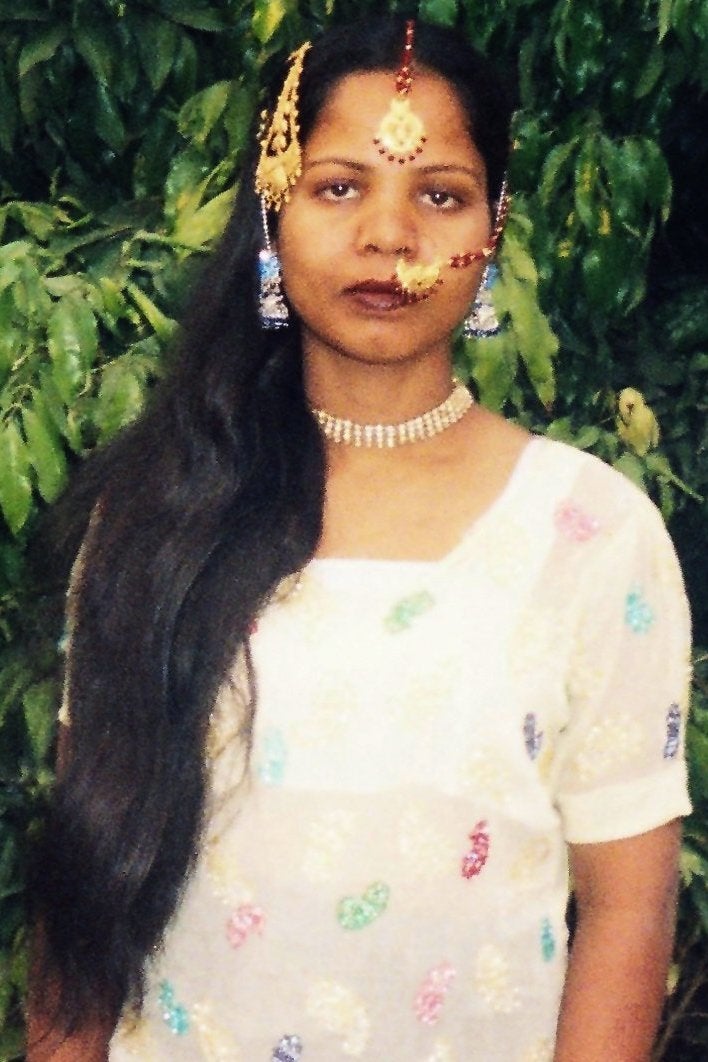Asia Bibi: Pakistan releases Christian woman who spent eight years on death row for blasphemy after drinking from wrong cup
Protests bring parts of Pakistani cities to a halt after judgment hailed by advocates of human rights
Your support helps us to tell the story
From reproductive rights to climate change to Big Tech, The Independent is on the ground when the story is developing. Whether it's investigating the financials of Elon Musk's pro-Trump PAC or producing our latest documentary, 'The A Word', which shines a light on the American women fighting for reproductive rights, we know how important it is to parse out the facts from the messaging.
At such a critical moment in US history, we need reporters on the ground. Your donation allows us to keep sending journalists to speak to both sides of the story.
The Independent is trusted by Americans across the entire political spectrum. And unlike many other quality news outlets, we choose not to lock Americans out of our reporting and analysis with paywalls. We believe quality journalism should be available to everyone, paid for by those who can afford it.
Your support makes all the difference.A Christian woman who spent eight years on death row in Pakistan on blasphemy charges has been acquitted — prompting street protests from Islamists furious at the verdict.
The country’s top court ordered Asia Bibi be released in what human rights advocates are hailing as a landmark ruling for religious freedom.
The charges date from 2009 when the farm labourer fetched water for her fellow workers. After sipping from a cup, two Muslim women refused to drink from a vessel used by a Christian and demanded she converted to Islam.
When she refused, a mob to later accused her of blasphemy by insulting the prophet Mohammed. She was subsequently convicted and sentenced to death in 2010.
Ms Bibi’s family have maintained that she never insulted the prophet and in previous hearings her lawyer pointed to contradictions in testimony from witnesses.
The case outraged Christians worldwide and been a source of division within Pakistan, where two politicians who tried to help her were assassinated.
Chief Justice Mian Saqib Nisar cited the Quran in his ruling, writing: “Tolerance is the basic principle of Islam,” and noting the religion condemns injustice and oppression.
Ms Bibi, who has been held at a secret location for security reasons, is now expected to leave the country.
Her husband, Ashiq Masih, hailed the verdict: “I am very happy. My children are very happy. We are grateful to God. We are grateful to the judges for giving us justice. We knew that she is innocent.”

Her lawyer, Saiful Mulook, called the court ruling “great news” for Pakistan.
“Asia Bibi has finally been served justice,” he added. ”Pakistan’s Supreme Court must be appreciated that it upheld the law of the land and didn’t succumb to any pressure.”
However, the Islamist Tehreek-e-Labaik (TLP) party called for people to take to the streets, and demanded that the judges who were involved in overturning the sentence be killed.
The party was founded from a movement supporting a bodyguard who assassinated Lahore provincial governor Salman Taseer for advocating for Ms Bibi in 2011. Federal minister for religion Shahbaz Bhatti was also killed after calling for her release.
The TLP’s leader also called for Imran Khan’s government to intervene.
“The patron-in-chief of TLP, Muhammad Afzal Qadri, has issued the edict that says the chief justice and all those who ordered the release of Asia deserve death,” party spokesperson Ejaz Ashrafi said.
Streets were blocked in major cities as protesters condemned the ruling, paralysing parts of Islamabad, Lahore and other cities.
In February, Bibi’s husband, Ashiq Masih, and one of her daughters met Pope Francis shortly before Rome’s ancient Colosseum was lit in red one evening in solidarity with persecuted Christians, and Ms Bibi in particular.
The Pope told Bibi’s daughter: “I think often of your mother and I pray for her.”
Christians make up only about 2 per cent of Pakistan’s population and critics of the blasphemy law say it is often used to persecute them and other minorities.
“This is a landmark verdict. For the past eight years, Asia Bibi’s life languished in limbo,” said Omar Waraich, deputy South Asia director for Amnesty International.
“The message must go out that the blasphemy laws will no longer be used to persecute the country’s most vulnerable minorities.”
Agencies contributed to this report

Join our commenting forum
Join thought-provoking conversations, follow other Independent readers and see their replies
Comments